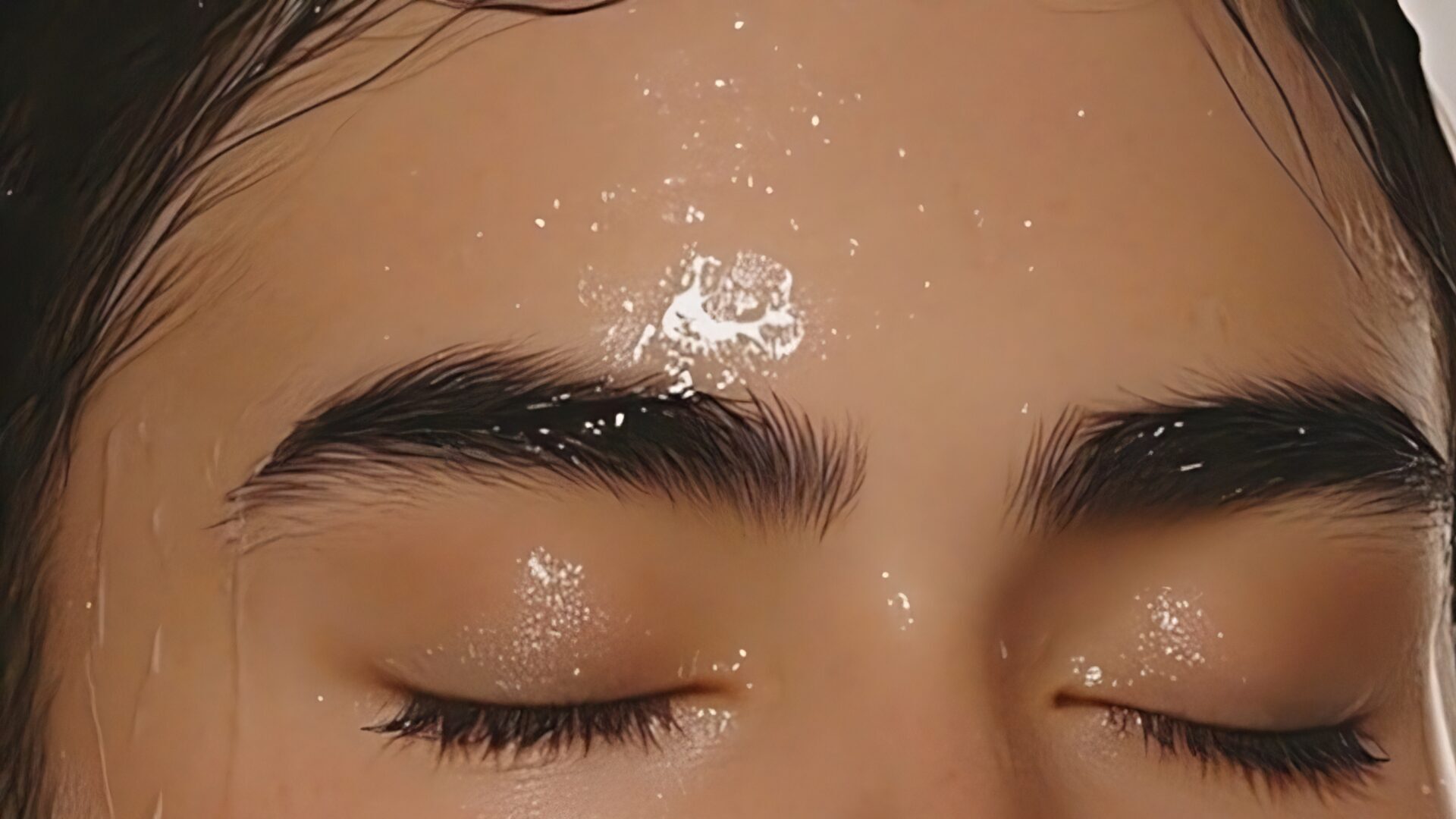Advancements in Hydration Technology

Hydration is essential for healthy skin. It helps keep the skin’s structure intact and functioning properly. When skin cells are well-hydrated, they become firm and flexible, forming a protective barrier against environmental damage and supporting optimal cell function.
Hydration also plays a significant role in aesthetic treatments. When the skin is adequately hydrated, it responds better to procedures like chemical peels and laser treatments, making them more effective and improving the desired results. This direct connection between hydration levels and treatment success highlights the importance of staying properly hydrated for achieving the best aesthetic outcomes.
After undergoing a treatment, hydration becomes even more critical for recovery. Staying hydrated supports the body’s natural healing processes, reduces inflammation, and speeds up tissue repair. By maintaining proper hydration during the recovery phase, you can minimize complications and prolong the effects of your aesthetic treatment.
Hydration and Its Impact on Aesthetic Treatment Effectiveness
Proper hydration creates an optimal foundation for aesthetic treatments by enhancing skin elasticity and cellular function. Well-hydrated skin responds better to procedures like laser therapy, microneedling, and chemical peels by maintaining proper tissue turgor and promoting efficient healing processes.
The success of injectable treatments such as Botox and dermal fillers relies heavily on the skin’s hydration status. Hydrated skin tissues allow for smoother product distribution and integration, resulting in more natural-looking results. Research indicates that patients with adequate hydration levels experience reduced bruising and swelling after injectable procedures.
Each aesthetic treatment benefits uniquely from proper hydration:
- Chemical peels penetrate more evenly on hydrated skin
- Laser therapy shows enhanced results due to improved cellular response
- Microneedling procedures demonstrate accelerated healing when skin maintains optimal moisture levels, with patients reporting reduced redness and faster skin barrier restoration
Hydration's Role in Post-Surgical Healing and Recovery
Proper hydration levels significantly impact post-surgical healing outcomes. Research indicates that patients maintaining optimal hydration before and after surgery experience faster wound healing and reduced recovery times. The body’s natural healing mechanisms rely heavily on adequate fluid levels to transport essential nutrients and oxygen to surgical sites.
Effects of Dehydration
Dehydration can intensify post-operative pain and increase the risk of complications. Well-hydrated patients report lower pain levels and require less pain medication during recovery. Adequate hydration helps prevent skin breakdown around surgical sites and minimizes scarring by supporting the body’s collagen production and tissue repair processes.
Immune System Support
The immune system’s effectiveness correlates directly with hydration status during recovery. Proper fluid balance enables white blood cells to reach wound sites efficiently, fighting potential infections and supporting the healing process. Studies show that maintaining optimal hydration levels reduces post-surgical inflammation and supports the body’s natural defense mechanisms against complications.
Furthermore, it’s important to note that hydration also plays a critical role in maintaining overall health, which indirectly influences the recovery process. Adequate hydration can help manage other health conditions that may affect healing, such as diabetes or cardiovascular issues, thus underlining the importance of proper fluid intake during the recovery phase.
Lifestyle Factors Affecting
Hydration and Skin Outcomes
A balanced diet rich in fruits, vegetables, and lean proteins directly impacts the skin’s hydration levels. Fresh produce contains natural water content and essential nutrients that support the skin’s moisture barrier. Poor dietary choices, particularly excessive salt intake, can disrupt the body’s water balance and lead to dehydrated, lackluster skin.
The Impact of Alcohol and Smoking on Skin Health
Alcohol acts as a diuretic, depleting the body’s water reserves and essential minerals. Regular alcohol consumption can cause skin dehydration, increased inflammation, and compromised skin barrier function. This can also lead to acne, further exacerbating skin issues. Smoking presents similar challenges by reducing blood flow to the skin, accelerating collagen breakdown, and hampering the skin’s natural repair mechanisms.
Positive Lifestyle Changes for Better Skin Hydration
Creating positive lifestyle changes can significantly improve skin hydration. Limiting processed foods, reducing alcohol intake, and avoiding smoking help maintain optimal hydration levels. Regular exercise promotes healthy circulation and natural detoxification processes. Adequate sleep allows the skin to repair and regenerate, while stress management techniques help prevent hormonal imbalances that affect skin health.
Conclusion
The key to healthy skin and better beauty treatments is staying hydrated. When your body is well-hydrated, it sets the stage for successful beauty procedures, quicker recovery, and long-lasting effects.
Hydration, along with good nutrition and healthy lifestyle choices, works together to enhance your skin’s natural beauty and strength. By being mindful of how much water you drink, the quality of your diet, and any harmful habits you may have, you’re creating the perfect conditions for your skin to flourish.
Remember, the choices you make today about hydration will impact the health and appearance of your skin tomorrow. Prioritizing hydration isn’t just a short-term fix; it’s an investment in your skin’s vitality now and its future glow.
